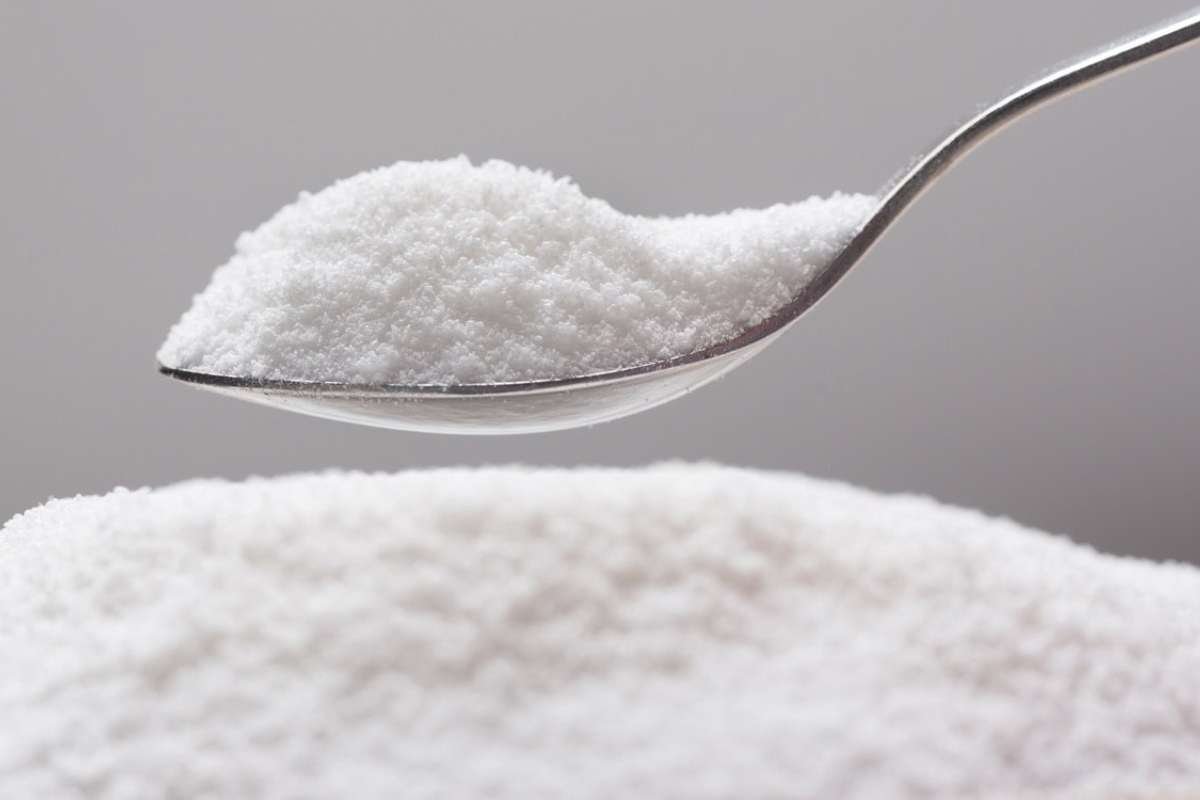Artificial sweeteners may accelerate brain aging by up to 62%, especially in people with diabetes, according to new research from Brazil.
Artificial sweeteners, long promoted as healthier substitutes for sugar, may have significant negative effects on brain health. A new study published in Neurology has found that six commonly used sweeteners, including aspartame, saccharin, acesulfame-k, erythritol, sorbitol, and xylitol, were linked to accelerated cognitive decline.
Researchers tracked 12,772 adults in Brazil, with an average age of 52, over an eight-year period. Participants were divided into three groups based on their intake of artificial sweeteners: high consumption (about 191 mg/day, similar to one can of diet soda), medium consumption (64 mg/day), and low consumption (20 mg/day). Cognitive tests measuring memory, processing speed, and verbal fluency were administered at multiple points during the study.
After adjusting for age, cardiovascular health, and other factors, the study revealed that individuals in the high-consumption group experienced cognitive decline 62% faster than those in the lowest group, amounting to the equivalent of 1.6 additional years of brain aging. The medium group showed a 35% faster decline, roughly equal to 1.3 years of aging.
Diabetes Patients Showed Stronger Impact
The study also noted that people with diabetes experienced a stronger link between artificial sweetener use and cognitive decline. This finding is particularly concerning because individuals with diabetes are among the most frequent consumers of sugar substitutes.
“While we found links to cognitive decline for middle-aged people both with and without diabetes, people with diabetes are more likely to use artificial sweeteners as sugar substitutes,” said study co-author Claudia Kimie Suemoto of the University of São Paulo. “More research is needed to confirm our findings and to investigate if other refined sugar alternatives, such as applesauce, honey, maple syrup, or coconut sugar, may be effective alternatives.”
The study did not find the same associations in participants over the age of 60, suggesting that middle-aged adults may be more vulnerable to the neurological effects of artificial sweeteners.
Some Exceptions and Limitations
Not all sweeteners were linked to negative outcomes. Tagatose, a less common sugar substitute, showed no association with cognitive decline regardless of consumption levels.
However, researchers acknowledged limitations in the study. The data relied on self-reported dietary questionnaires, which may not always accurately reflect true consumption. Additionally, not every artificial sweetener currently on the market was analyzed. Despite these limitations, the authors believe the findings strengthen the case for reevaluating the safety of low- and no-calorie sweeteners.
“Low- and no-calorie sweeteners are often seen as a healthy alternative to sugar,” Suemoto said. “However, our findings suggest certain sweeteners may have negative effects on brain health over time.”
Growing Concerns Over Artificial Sweeteners
The new research adds to a mounting body of evidence questioning the long-term safety of artificial sweeteners. Previous studies have linked them to higher risks of type 2 diabetes, cardiovascular disease, and stroke. In 2023, research also suggested that aspartame may impair memory and learning.
While artificial sweeteners continue to be widely used in diet sodas, packaged foods, and “sugar-free” products, health experts are increasingly urging caution. For consumers, especially those with diabetes, the findings highlight the importance of balancing the risks and benefits of sugar substitutes.
Visit The Lifesciences Magazine to read more.
Source:
https://www.theguardian.com/food/2025/sep/03/sweeteners-can-harm-cognitive-health-equivalent-to-16-years-of-ageing-study-findshttps://edition.cnn.com/2025/09/03/health/artificial-sweetener-cognition-wellness







